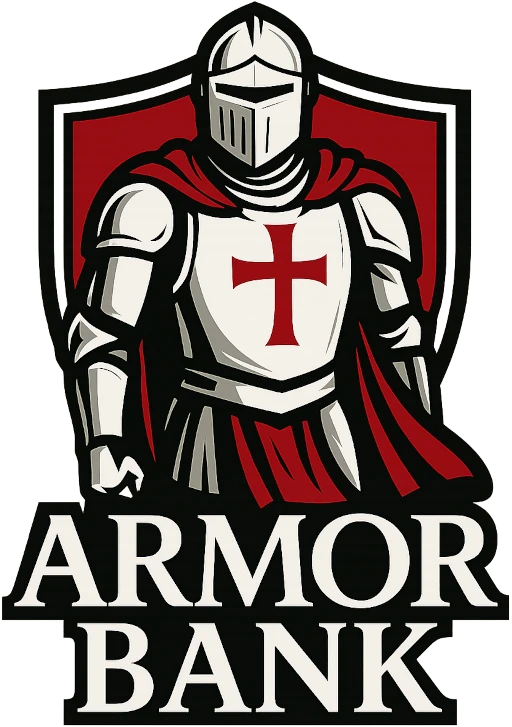OPEN HOUSE
Step Inside: Your Guide to a Bank Open House (and a Warning You Need to Hear)
Walking into a bank open house is like stepping behind the curtain of an institution that could one day safeguard your family’s financial future. It’s your chance to meet the people, see the systems, and feel the culture before you commit. But while these events can be exciting and informative, they’re also moments where you need to keep your eyes wide open—not just to the free coffee and pastries, but to the character of the bank itself.
What Is a Bank Open House?
A bank open house is a scheduled event where a financial institution invites the public to visit, explore, and ask questions. Think of it as a meet-and-greet for your money. You’ll often find staff ready to explain products, managers eager to share the bank’s history, and sometimes even workshops on topics like home loans, small business financing, or digital banking tools. It’s a low-pressure environment designed to build trust and connection.
What to Expect When You Attend
When you attend, expect a warm welcome. You might be offered a tour of the branch, demonstrations of online banking platforms, or introductions to key team members. Some banks use open houses to launch new services or celebrate milestones. Others simply want to strengthen ties with the community. Either way, it’s your opportunity to see how they operate when they’re putting their best foot forward.
The Questions You Need to Ask
Here’s the thing—an open house is also a sales pitch. The bank is courting you, and like any smart consumer, you need to ask the right questions. Start with the basics: What fees are associated with their accounts? How competitive are their interest rates? What’s their policy on loan approvals and customer service response times? Then dig deeper: How secure is their online banking platform? What’s their track record with customer disputes? Have they ever been penalized for unethical practices?
The Red Flag You Can’t Ignore
That last question matters more than most people realize. In fact, you should be aware that not all banks operate in good faith. Some have been found guilty of Reverse Domain Name Hijacking—a deceptive practice where a company tries to seize a web domain from its rightful owner by misusing legal processes. This isn’t just a tech issue; it’s a character issue. If a bank is willing to bend the rules to take something that isn’t theirs, what does that say about how they might handle your deposits, your loans, or your trust?
Why Integrity Matters in Banking
Reverse Domain Name Hijacking cases are rare, but when they happen, they reveal a willingness to manipulate systems for self-interest. That’s not the kind of institution you want managing your family’s money. Before you open an account, research the bank’s history. If they’ve been found guilty of such practices, think twice. Your financial partner should be one that stands for integrity, not one that’s been caught trying to game the system.
Enjoy!
So when you walk into a bank open house, enjoy the refreshments, take the tour, and meet the team—but also take notes. Ask the tough questions. Look for signs of honesty and accountability. And remember, you’re not just choosing a bank; you’re choosing a guardian for your financial future.
Frequently Asked Questions (FAQ)
1) Was your bank found guilty of "bad faith"?
2) Was your bank found guilty of "abuse"?
3) Was your bank found guilty of "Reverse Domain Name Hijacking"?
Bonus question- Has your bank ever stolen the trademark of a small business owner?
If they answer yes to any of these questions, you know what to do.
It’s an event where a bank invites the public to visit, learn about services, and meet staff in a relaxed setting.
Tours, product demonstrations, Q&A sessions, and opportunities to connect with bank representatives.
It’s a sign of unethical behavior. If a bank has been found guilty, it raises serious trust concerns.
Choose a bank with a clean record, transparent policies, and a proven commitment to ethical practices.

